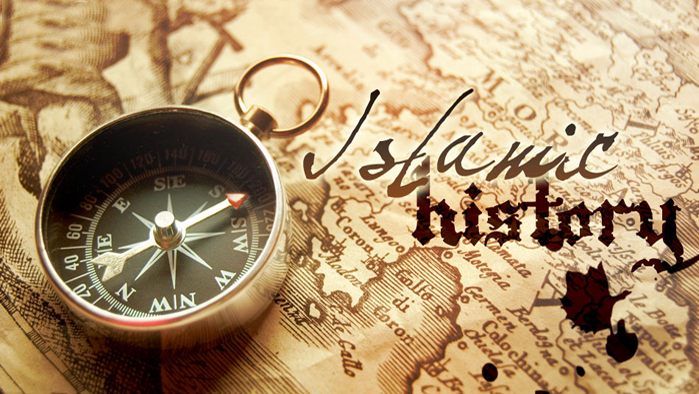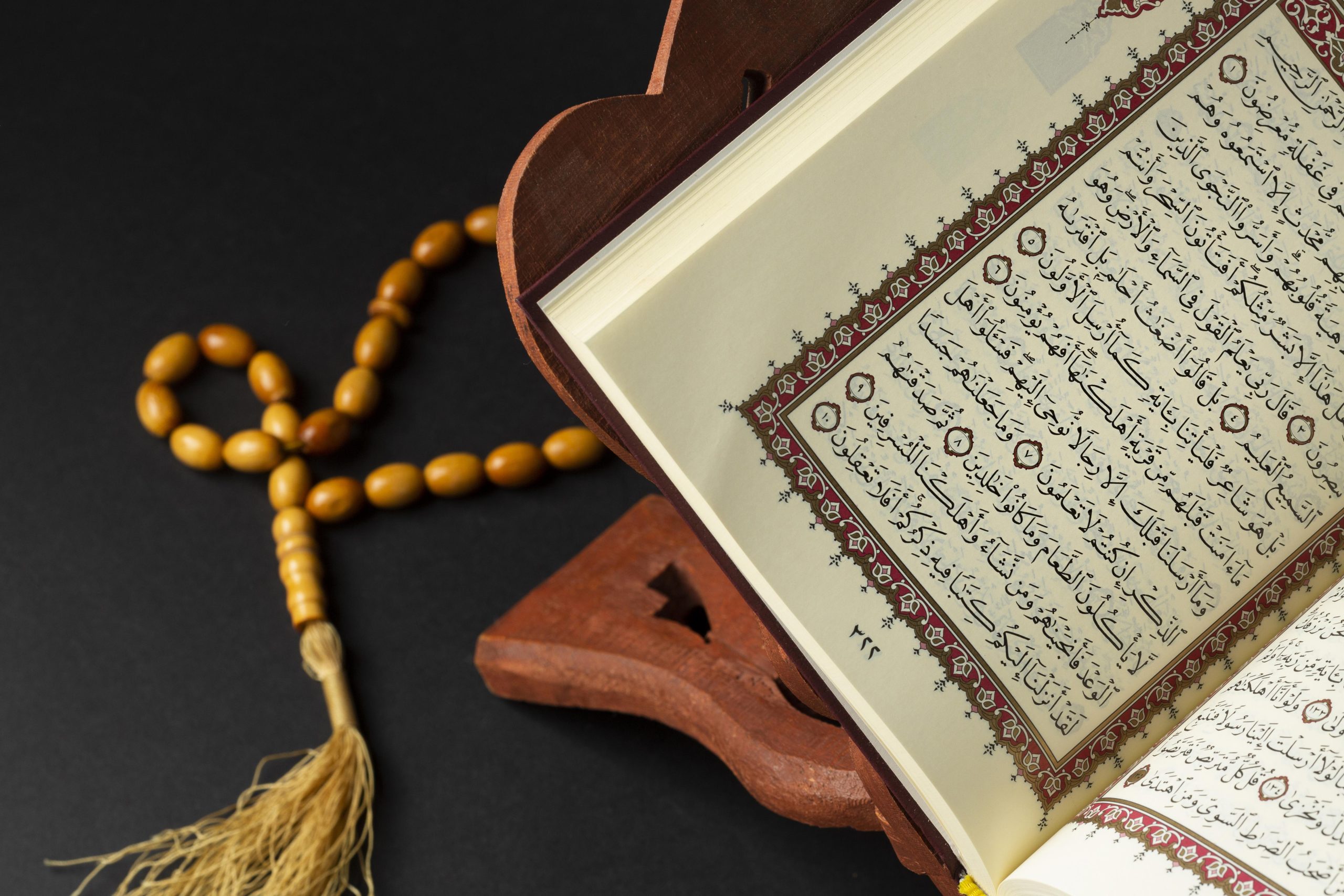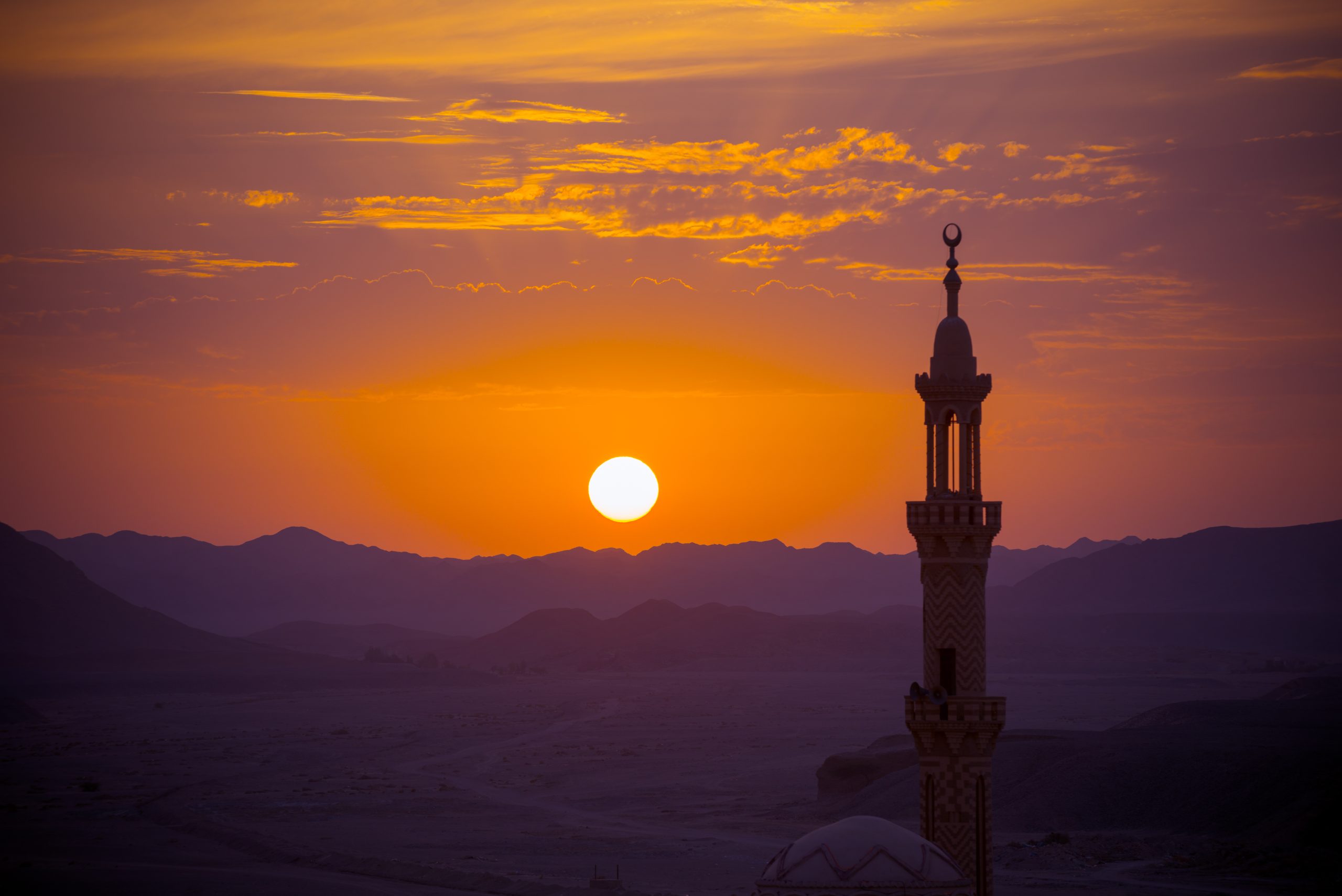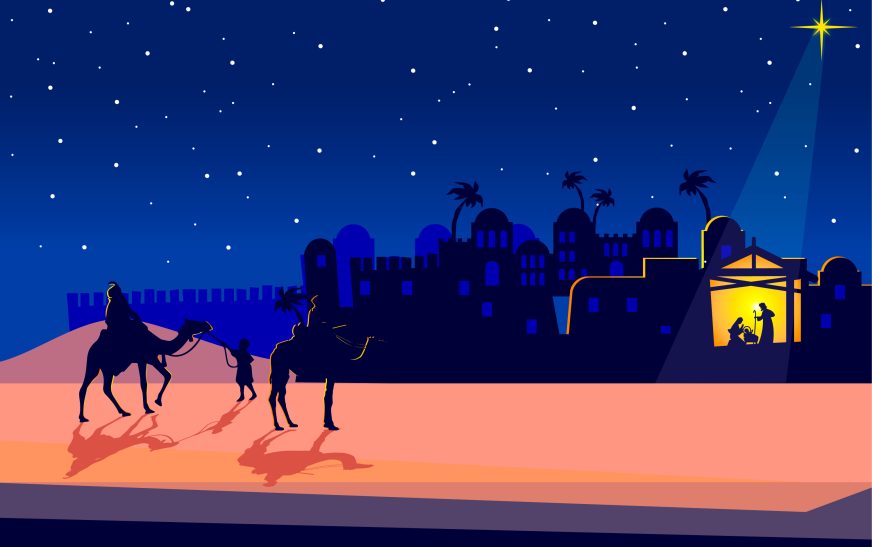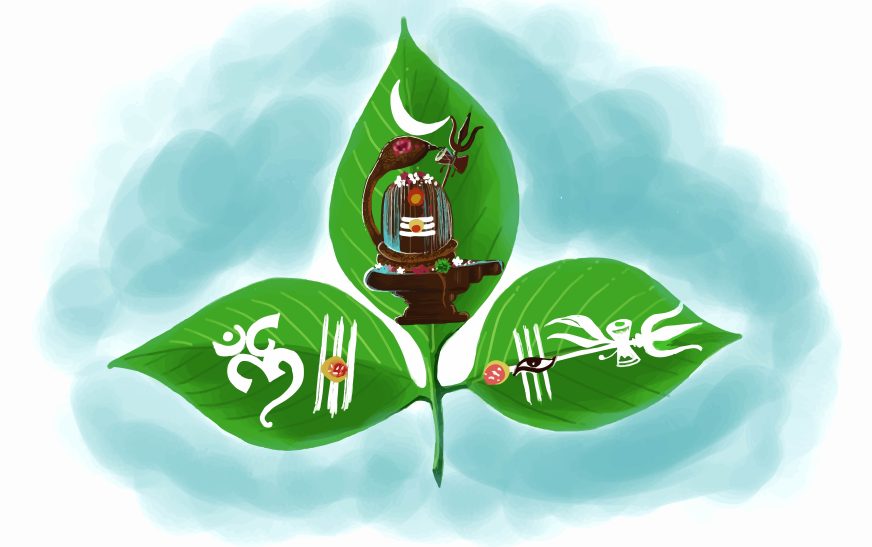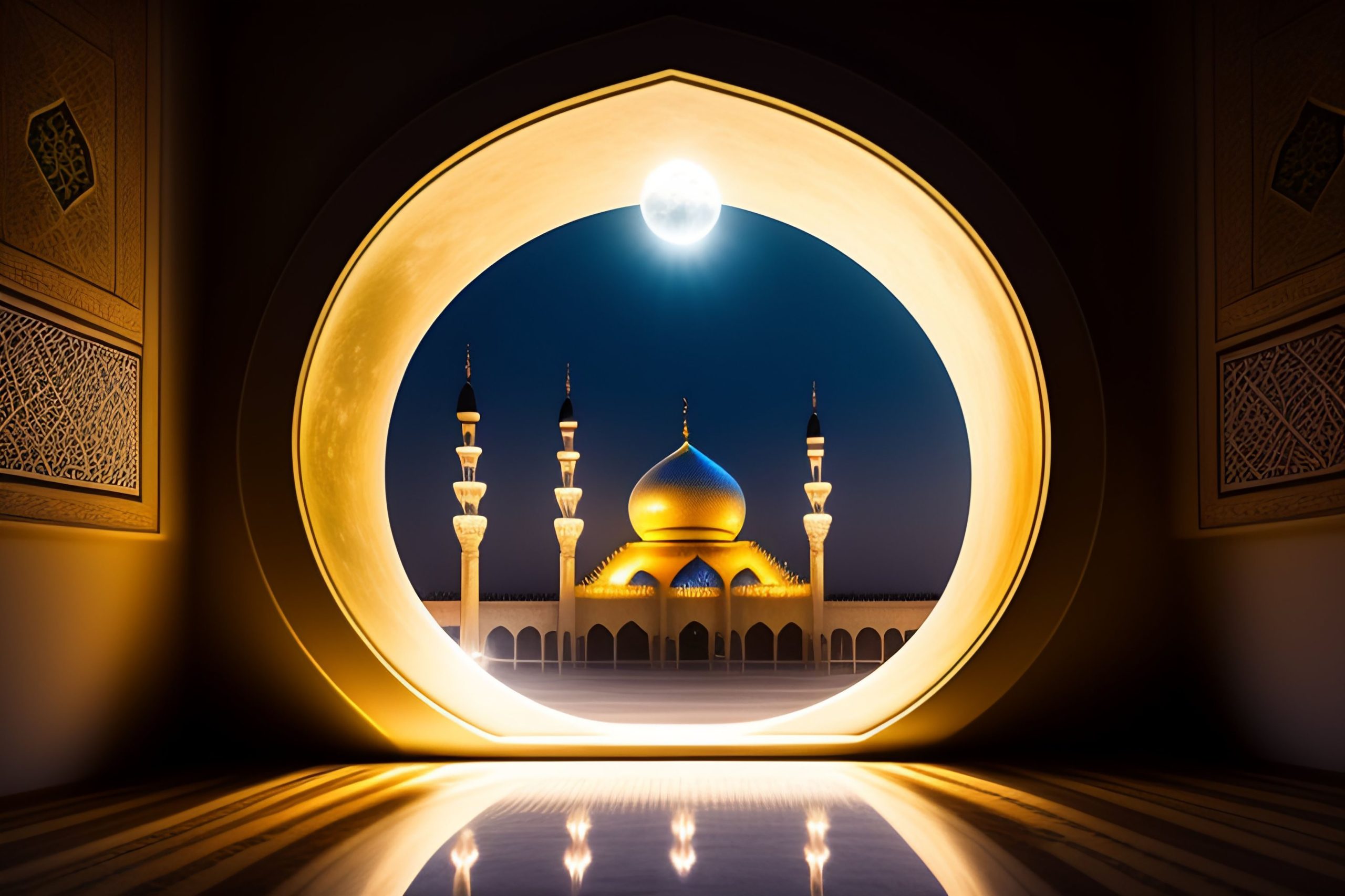The history of Islam begins in the 7th century CE, with the emergence of the Prophet Muhammad (peace be upon him) in the Arabian Peninsula. Muhammad was born in Mecca around 570 CE into the Quraysh tribe, a prominent clan in the city. His early life was marked by orphanhood, as his father passed away before his birth and his mother when he was six years old. Muhammad grew up under the care of his grandfather and later his uncle.
As a young man, Muhammad gained a reputation for honesty, integrity, and wisdom, earning the title of “Al-Amin” (the trustworthy) among his peers. At the age of 25, he married Khadijah, a wealthy widow who was impressed by his character and business acumen. Muhammad continued his work as a trader, traveling widely and gaining exposure to different cultures and beliefs.
At the age of 40, Muhammad’s life took a transformative turn when he began receiving revelations from Allah (God) through the Angel Gabriel. These revelations, which would later form the Quran, emphasized monotheism, social justice, compassion, and moral conduct. Muhammad initially shared these revelations privately with close family members and friends, gradually inviting others to embrace Islam.
Muhammad faced opposition and persecution from the Quraysh tribe, who viewed his message as a threat to their traditional beliefs and practices. Despite challenges, Muhammad continued to preach monotheism and call people to righteousness. In 622 CE, facing escalating persecution, Muhammad and his followers migrated (Hijrah) from Mecca to Medina, marking the beginning of the Islamic calendar.
In Medina, Muhammad established a thriving Muslim community, governed by principles of justice, mutual cooperation, and religious tolerance. The Constitution of Medina, drafted by Muhammad, provided a framework for governance, outlining the rights and responsibilities of various tribes and communities in Medina.
Muhammad’s leadership in Medina saw the consolidation of the Muslim ummah (community) and the establishment of Islamic principles in various aspects of life, including governance, social welfare, and spirituality. He engaged in diplomatic efforts, treaties, and alliances with neighboring tribes and communities, fostering peace and stability in the region.
Over the next decade, Muhammad faced military challenges from Meccan forces and other hostile tribes. The Muslims, under Muhammad’s leadership, defended themselves and their community, leading to decisive victories in battles such as Badr, Uhud, and the Trench (Khandaq). These military engagements were not only defensive but also aimed at ensuring the safety and security of the Muslim community.
In 630 CE, Muhammad and his followers returned to Mecca triumphantly, peacefully entering the city and establishing Islam’s dominance in the region. He forgave his former enemies and encouraged reconciliation, emphasizing the principles of mercy, forgiveness, and compassion.
Muhammad’s final years were marked by consolidation of Islamic teachings, addressing socio-economic issues, and laying the foundations for a strong community based on faith, justice, and ethical conduct. He performed the Hajj pilgrimage in 632 CE, delivering his famous Farewell Sermon, which encapsulated key principles of Islam and guidance for the Muslim ummah.
The death of the Prophet Muhammad (peace be upon him) in 632 CE marked a pivotal moment in Islamic history, leading to the appointment of Abu Bakr as the first Caliph (successor) and the beginning of the era of the Rashidun Caliphs. The teachings and example of Muhammad continued to guide Muslims, shaping the development of Islamic theology, law, ethics, and spirituality in the centuries to come.


